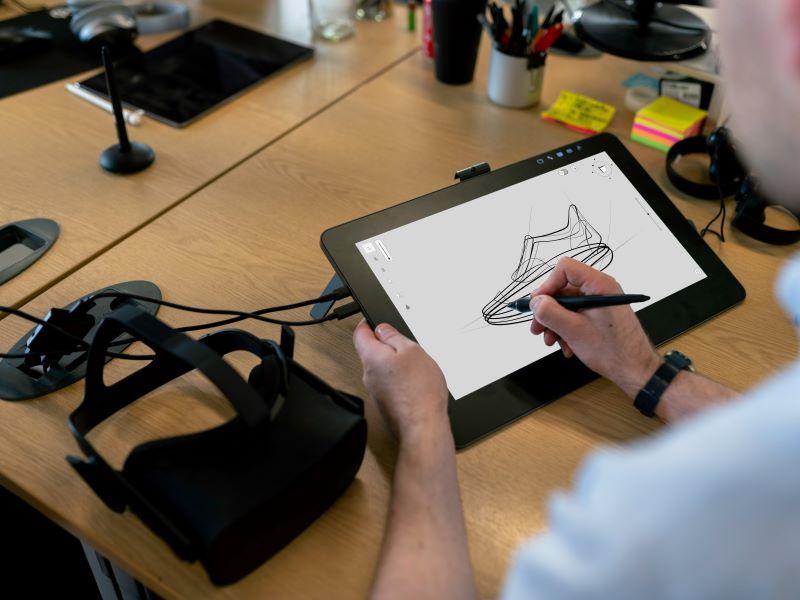Universities need to create internship opportunities for students if they want to prepare them for the modern workforce and boost their employment prospects. Each year, thousands of graduates enter the job market, but many of them lack practical work experience to help them secure a job. Companies want to hire job-ready graduates with technical know-how and the necessary soft skills to navigate the workplace.
“Often companies don’t feel that students are ready for the workplace, but it’s not that easy to access internships,” says Daniel Nivern, CEO of Virtual Internships.
The reality is that internships are often inaccessible for students who lack the network to obtain such opportunities and are often unaware of the importance employers place on such experience. “If a student were trying to secure an internship independently, it could be a bumpy experience indeed,” says Noah Rost, director of the Global Education Office at Arizona State University.
If institutions want to boost their graduates’ employment prospects and make themselves more attractive to prospective students, they need to emphasise the importance of internships and make them accessible. By experiencing the modern workplace, students are better able to learn skills such as communication, professionalism, and remote collaboration, all of which make them more employable.
The pandemic pushed many companies online and, at the same time, forced significant advancements in remote-working technology, such as video conferencing and business messaging platforms. The ubiquity of remote working now means that these are skills that graduates need to succeed in a modern workplace. “An increasingly important skill students need to hone while at university is the ability to work in cross-cultural teams in a remote environment,” says Rost. “The future of work is now.”
Alongside the rise in remote working, virtual internships are becoming increasingly popular. They allow students to access work experience opportunities irrespective of where they live. Such internships improve accessibility for students who would otherwise be excluded from placements like these, such as international students, those on rural campuses, or others in countries with limited opportunities.
“What this means practically is that a computer science student in Nigeria, for example, could be placed in a US technology company for an internship, gaining skills that would significantly bolster their job prospects both at home and internationally,” says Nivern. “The overall sentiment is that virtual internships are great for any student, but they are also a great opportunity for those who would traditionally struggle to get internships.”
Similarly, Virtual Internships offers those looking to change jobs the flexibility to upskill, providing lifelong learners with the scaffolding to continue their education and improve their employment prospects. “People may have families or existing jobs, and so they’re trying to upskill themselves alongside existing commitments, and to do that in person is nigh impossible,” Nivern says. “The virtue of a virtual internship is the flexibility that it offers.”
Find out more about the major challenges that will impact universities in 2023, with insights gathered from institutions worldwide, as well as industry experts.


comment